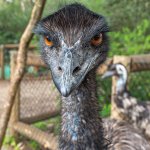What you should know
The information outlined on this website should only be used as a guide and, where possible, you should contact the Wildcare Helpline on (08) 9474 9055 for further advice.
WA Wildlife assumes no responsibility for injuries as a result of attempts made to rescue sick, injured or orphaned native wildlife. Please assess the situation for your own safety when rescuing or containing the animal.
We appreciate the care and compassion the public have for our wildlife. However, please do not try to look after a sick, injured, or orphaned wildlife yourself.
The best thing you can do is transfer the animal to a licensed wildlife rehabilitator.
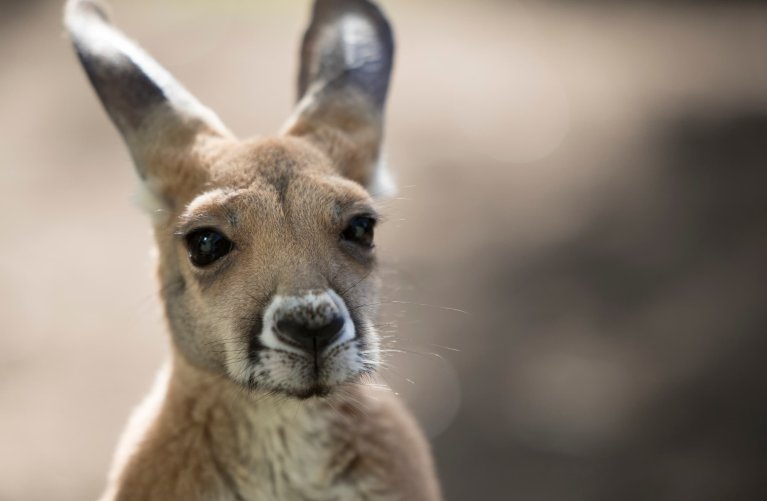
Safety first
Your safety comes first. If you think the situation is dangerous or unsafe, please contact WA Wildlife or the Wildcare Helpline.
Do not attempt to handle the following animals under any circumstance:
- Snakes: Even dead snakes can release venom if handled incorrectly, which can be life-threatening.
- Bats: Bats carry a wide range of potentially fatal zoonotic diseases and may be dangerous alive or deceased.
- Adult kangaroos: Adult kangaroos can break bones and cause serious injuries if they feel threatened.
- Birds of prey: Talons can cause severe injuries and some birds of prey also have extremely strong “bone-crushing” beaks.
How do I approach an injured animal?
Always be careful when approaching wildlife. You can learn a lot from an animal’s body language and posture, so approach slowly.
Don’t make any sudden movements, and don’t try to grab the animal suddenly, as this can cause it to run off or to attack out of fear.
Remain calm and approach the animal with care.
How do I catch an injured animal?
Wildlife may become aggressive and difficult to catch/handle when scared or injured.
When handling wildlife, remember to use proper forms of protection. Gloves, towels, bags or blankets can protect you from being bitten or scratched.
Consider carrying a “rescue pack” in your car, which consists of a box, towel, gloves, eye protection, hand sanitiser, and a list of emergency contacts.
If wildlife appear sick or injured and need medical help, you may catch them by:
- Birds: Throw a towel or blanket over them. For large birds, put the towel over their head and wings to minimise stress and escape.
- Lizards: Throw a towel or blanket over them, or use a pair of gardening gloves to pick them up.
- Small mammals: Catch with a towel or pillow case by placing it over their entire body and picking them up.
- Larger animals: Contact WA Wildlife or the Wildcare Helpline.
Remember to always take note of where the sick or injured animal was found! This important information allows us to return the animal back to their territory after rehabilitation, if appropriate.
What do I do if I see a dead animal?
If you see dead wildlife on the road, pull over safely and assess the situation.
If it’s safe for you to remove the animal, drag it off the road. This will stop other prey animals from getting injured or killed by traffic if they feed on the carcass.
If the animal is a marsupial (such as a bandicoot, possum or kangaroo), check to see if it has a pouch. If so, check the pouch for a joey.
Make sure to also check surrounding areas near the dead mother, as the joey may have been thrown from the pouch, or it may be scared and hiding in nearby bushes.
If you find a joey, contact WA Wildlife or the Wildcare Helpline as soon as possible for advice. Do not attempt to feed the joey unless advised by a licensed rehabilitator.
Found an injured bird?
Most bird species can be wrapped in a towel and placed in a box. Never handle a bird with your bare hands – use gloves and a towel folded in half.
Some bird species, such as parrots, birds of prey, and seabirds with pointy beaks can inflict serious injury, so be careful when handling these species (use PPE including gloves and face shields).
If you are able to safely capture the bird, place it in a box or pet carrier and leave it in a warm, quiet room away from pets and loud noises. Take it to your nearest veterinary hospital or wildlife rehabilitation centre as soon as possible.
Do not offer food. You may offer a shallow dish of water by placing it in the box.
Remember: Birds and many small animals are fragile and easily scared! To reduce unnecessary stress on the bird and possible shock and death, avoid loud noises, foreign smells, extreme temperature changes, handling the bird, and reduce exposure to sudden movements, pets, and bright lights.
Baby birds
If the bird is a baby, be mindful before attempting rescue. In spring and summer it is common to see young birds sitting or jumping on the ground, with no parent in sight. This is normal behaviour and not a cause for concern.
If the bird is a nestling, with fluffy down and no feathers, it may have fallen accidentally out of the nest. If it looks healthy and uninjured, place it back in the nest if possible. If not possible, make a makeshift nest and carefully place it as high in the tree as possible, on a nearby branch or somewhere off the ground and out of danger.
Contrary to popular belief, parent birds will not reject their young if you pick them up—birds generally have a very limited sense of smell.
If you are unable to place a healthy chick back in its nest or out of danger nearby, or the chick seems injured, follow the same guidelines for birds listed above and get it to a licensed rehabilitator as soon as possible if it is to survive.
*Some baby birds (seabirds, waterbirds) may require assistance and can’t be put back in their nest (or an artificial nest). If in doubt, contact WA Wildlife or the Wildcare Helpline.
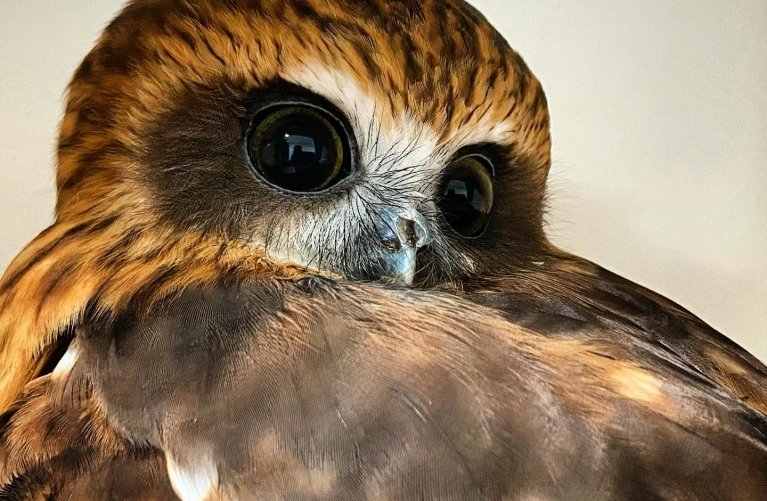
Found an injured kangaroo or joey?
If you come across an injured kangaroo, you should call WA Wildlife or the Wildcare Helpline immediately. Adult kangaroos with broken legs, broken arms, serious injuries and/or suspected spinal injuries may require euthanasia. If the kangaroo is within the Perth metro region and it is during daytime hours, the WA Wildlife Ambulance can attempt a rescue of kangaroos with these injuries.
Contact your local police station (not 000) for all injured kangaroos after hours.
Kangaroo joeys
If you find a female kangaroo that has been killed, please make sure to check the pouch for joeys. If there is a joey, gently remove it from the pouch. If the joey is still attached to the teat, do not pull the joey off the teat. Cut the teat from the dead mother and remove the joey from the pouch.
Place a safety pin through the teat so that the joey cannot swallow *or* choke on it.
Transport the joey to a licensed wildlife rehabilitator as soon as possible.
Marsupial joeys can aspirate on fluids if fed incorrectly. Provision of incorrect milk supplements can quickly lead to life—threatening digestive problems.
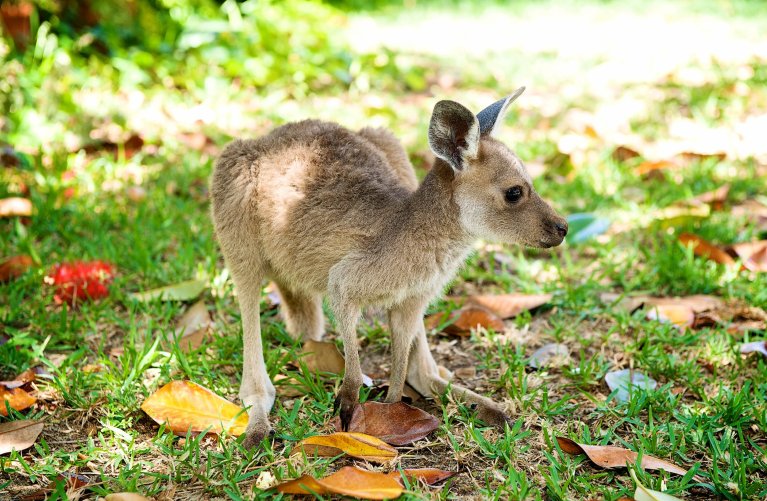
Found an injured lizard, turtle, or frog?
Never handle a reptile with your bare hands, as many reptile species can carry salmonella on their skin. Always use gloves and a towel.
Most reptile species can be wrapped in a towel and placed in a box.
If you are able to safely capture the lizard, turtle, or frog, place it in a box or pet carrier and leave it in a warm, quiet room away from pets and loud noises.
Take the animal to your nearest veterinary hospital or wildlife rehabilitation centre as soon as possible. Do not offer any food or water.
If you have found a turtle or frog, gently spray them with warm water but do not place them in water, as this could put them into shock!
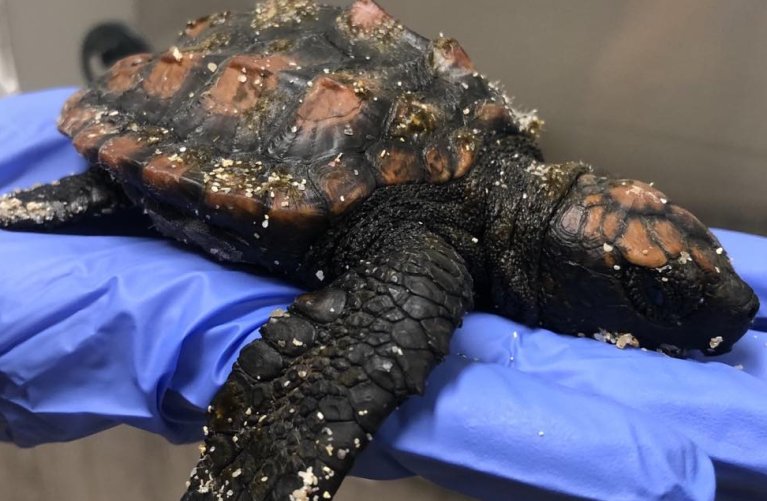
Found an injured mammal?
Most marsupial species can be placed into a pillowcase. Place the pillowcase in a box and keep it in a quiet, warm place. Do not offer food or water.
Do not handle bats, unless you are trained to do so! Bats are potential carriers of Australian Bat Lyssavirus (ABLV), which is a potentially fatal zoonotic disease if left untreated.
If you have been bitten or scratched by a bat, go to the Emergency Department immediately for urgent treatment.
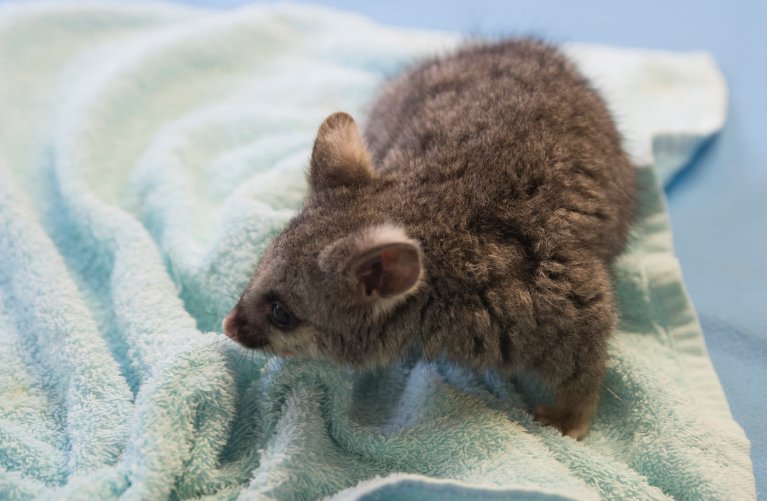
Found an injured domestic animal?
Wildlife rehabilitators are not trained to deal with domestic animals. Contact your nearest local government ranger or veterinary hospital if you have found a sick or injured domestic animal.
